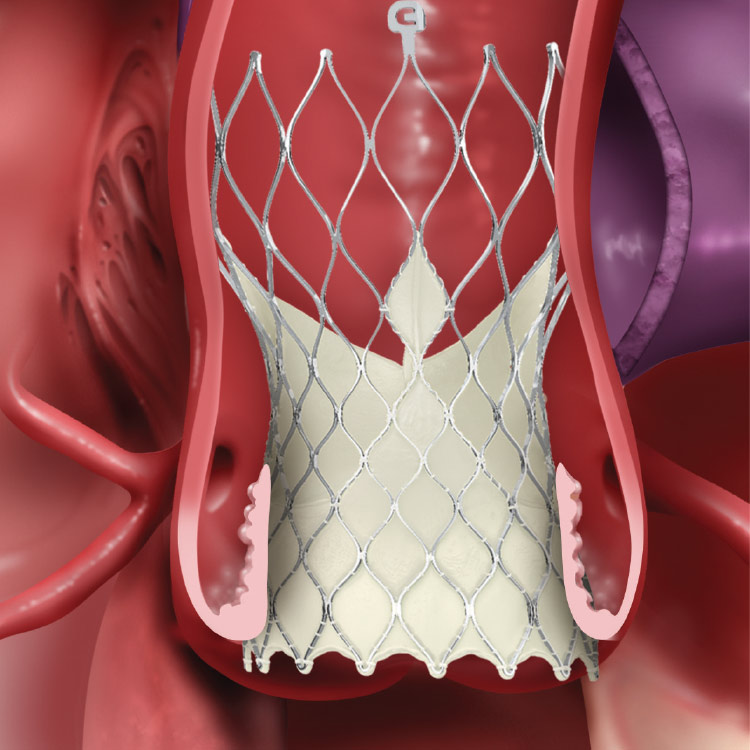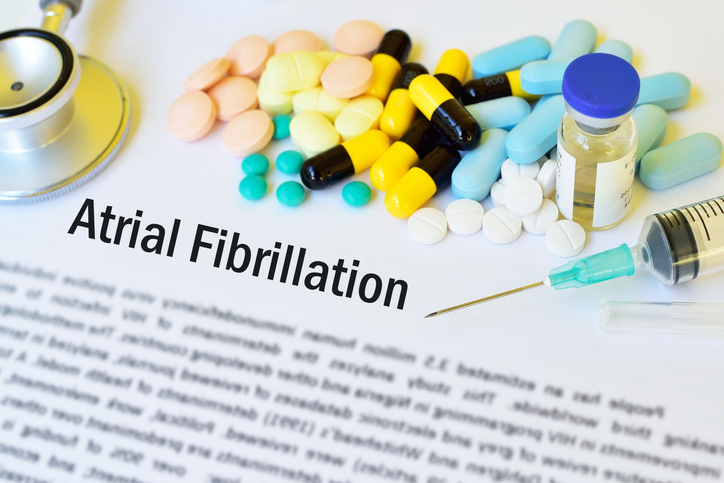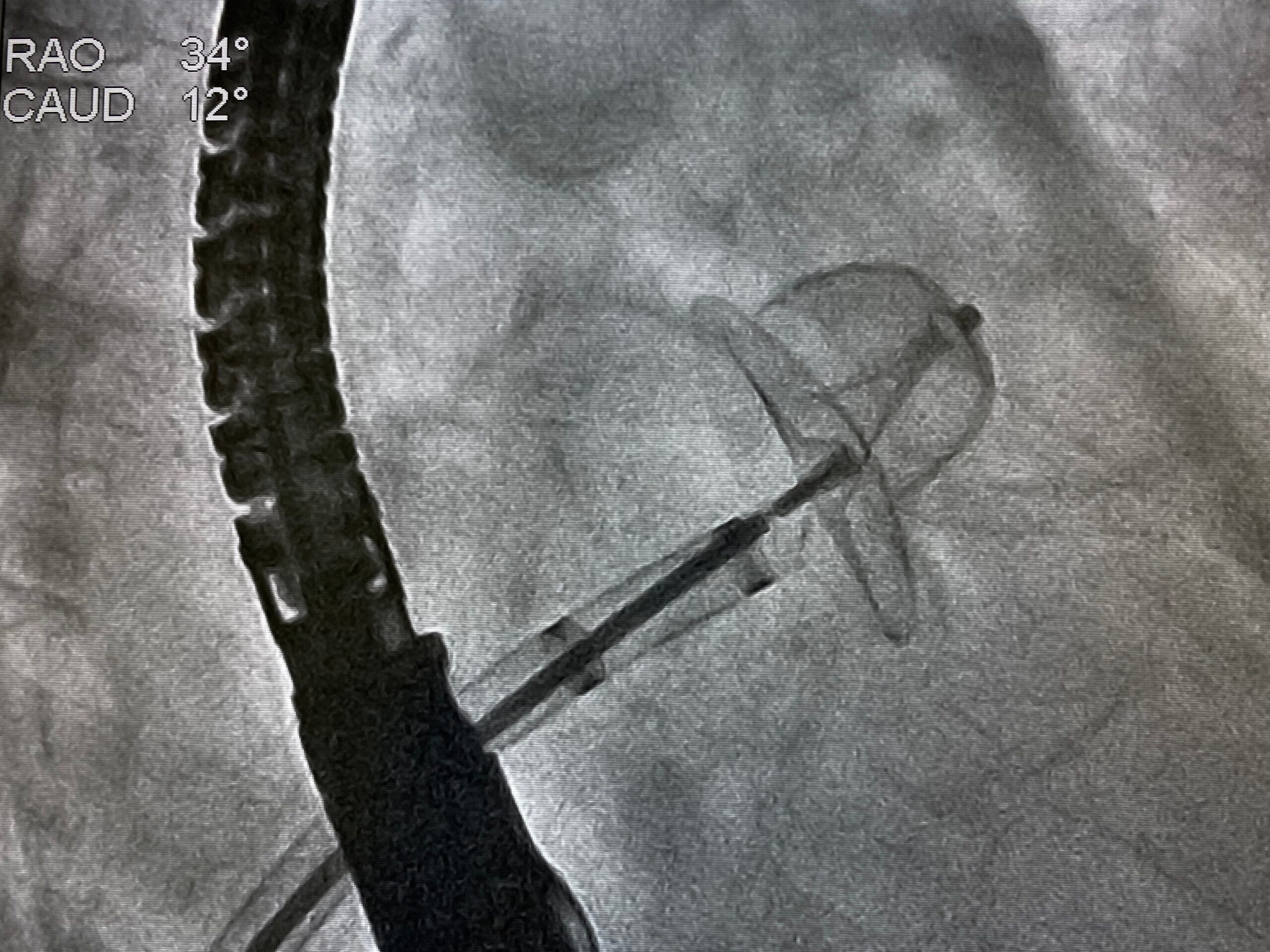
In a study, a team of researchers, led by Hyung Ki Jeon, compared the incidence of atrial fibrillation (AF) after transcatheter and surgical aortic valve replacement (AVR), as well as the impact of AF on outcomes. They found that post-AVR AF could be used as a predictor of operation outcome. The study report was published in Frontiers in Cardiovascular Medicine.
The incidence of AF and clinical AVR outcomes was compared among 221 patients with aortic stenosis (AS), of which 100 underwent transcatheter AVR (TAVR) and 121 underwent surgical AVR (SAVR).
The team observed a significantly higher rate of new AF diagnoses in the SAVR group, both before propensity score (PS)–matching (6.0% vs. 40.5%; p < 0.001) and after PS–matching (7.5 vs. 35.6%, p = 0.001). TAVR and SAVR techniques demonstrated no significant differences in outcomes except in terms of stroke. For patients undergoing TAVR, AF history did not appear to affect their outcomes.
On the other hand, in the SAVR group, AF history affected mortality risk (log rank p = 0.038). In the SAVR group, post-AVR AF had a negative effect on admission due to heart failure (log rank p = 0.049). Lastly, post-AVR AF had a worse impact on admission due to heart failure (log rank p = 0.008) and composite outcome in the TAVR group.
The authors concluded that, as the occurrence of AF was higher in patients who received SAVR, the TAVR technique could be a more effective option for patients with severe symptomatic AS who had a history of AF or had a high risk of developing it.







 © 2025 Mashup Media, LLC, a Formedics Property. All Rights Reserved.
© 2025 Mashup Media, LLC, a Formedics Property. All Rights Reserved.